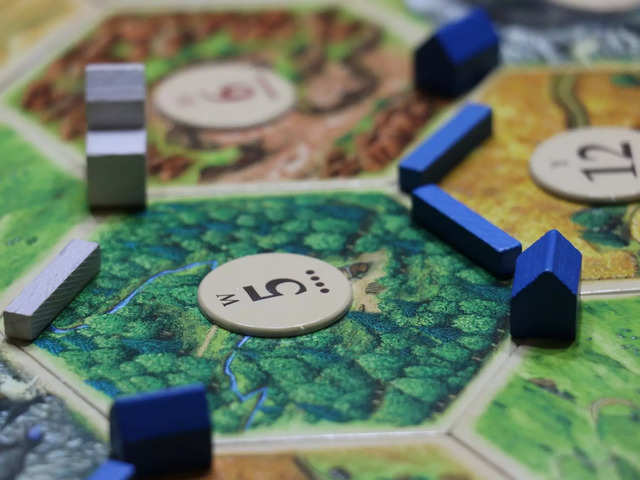
Wipro's marketing officer S Prasanna Rai on changing marketing landscape and company's goals
Marketers must observe, analyse and react in real-time, says Wipro's marketing officer S Prasanna Rai
May 21, 2021, 10:00 IST
brands
Wipro Consumer Care and Lighting’s Marketing Officer shares how the company has changed its marketing strategy during the second wave of COVID-19
May 21, 2021, 10:00 IST
Marketers must observe, analyse and react in real-time, says Wipro's marketing officer S Prasanna Rai
- In our latest interview series, we speak to a few CMOs to understand how they are helping out their organisations find the right ways to connect with consumers.
- S Prasanna Rai, Vice President, Marketing,
Wipro Consumer Care & Lighting shares how theFMCG giant is trying to keep empathy at the center of its communication during the second wave of COVID-19.
He said, “The first wave lockdown was a sudden unknown event with no precedent, which meant a war room kind of response with cross-functional meetings daily. This learning in the first lockdown has helped put together a set of working approaches in place, that were deployed during this second lockdown and relatively easier to handle. Product portfolio tweaking to adapt to facilitate manufacturing and supply chain, product development process continued with remote working. Consumer research was more qualitative, and with the brand teams being personally involved rather than on research team interpretation. So during the second wave, the work rhythm was more weekly than daily and also, the extent of communication and reviews required were of lesser frequency than during the first wave.”
However, in this second wave, everyone is impacted directly or indirectly. As a company leader, Rai has also found his role changing lately. He has been focusing equally on the inside as much as the outside communication.
Telling us how he has tried to be there for his employees, Rai said, “There is a need to lead with empathy and support. In the second wave, every individual has been impacted, either directly or indirectly. It is essential to listen to their concerns and address them empathically and be there for them in every way possible. Even a small act of help and kindness goes a long way in easing someone's woes. It is also essential to use the organisation and personal network in emergencies to put together and provide resources/medicines quickly wherever/whoever required.”
Rai and his team have also changed the company’s on-ground selling process to help its sales team stay safe and secure. For example, for a
“As marketers, we are custodians of our brands. We must observe, analyse and react in real-time and continue to evolve in line with the dynamic consumer behaviour. Keeping the customer at the heart of any strategy, we need to be more agile, thoughtful and resilient during these difficult times,” said Rai.
Wipro's Santoor is its largest selling brand, which is also India's second largest soap brand and 35% of its business comes from the lighting segment. Even during a pandemic-hit year, Wipro saw about 14% growth in its India business in the first nine months of the fiscal ending March. As per company’s media statement, Wipro witnessed this strong performance on the back of operational efficiencies and new product launches. It had launched new products like surface sanitizers, expanded floor cleaners, anti-germ liquid detergent.
Wipro is also considering launching a few products which will be exclusively available on e-commerce platforms as the company saw its e-commerce sale spike by 2X in FY21 than the previous fiscal. According to NielsenIQ’s Retail Intelligence, at the end of the December quarter, 2.8% FMCG sales in India came from e-commerce and in urban cities, it was higher at 7.5%.
Apart from new launches and upping its digital game, Rai will continue to focus on communicating empathetically and connect with its customers on a personal level.
Sharing his goals for this quarter, Rai said, “Every organisation and every role has now accepted that the pandemic will be around for some time and will not go away so quickly. So it is crucial to take it as part of the personal and professional life and learn to navigate this effectively. Both in personal life and on the work front, the goals continue to be the same – it is the approach to achieving these goals that are tweaked according to the current environment and having empathy, ensuring safety and allaying fears of colleagues and team members.”
“Ensure every piece of communication on a brand is in the context or empathetic to the consumer's environment. In some cases, we had to change the tone and mood of the advertising to suit the circumstances without changing or altering the product/brand message much. It is also essential that the product promise we make is credible and enhances its trust,” added Rai.
Wipro’s 2019-20 sales revenue stood at $1.09 billion.
INSIDER INTELLIGENCE REPORTS







